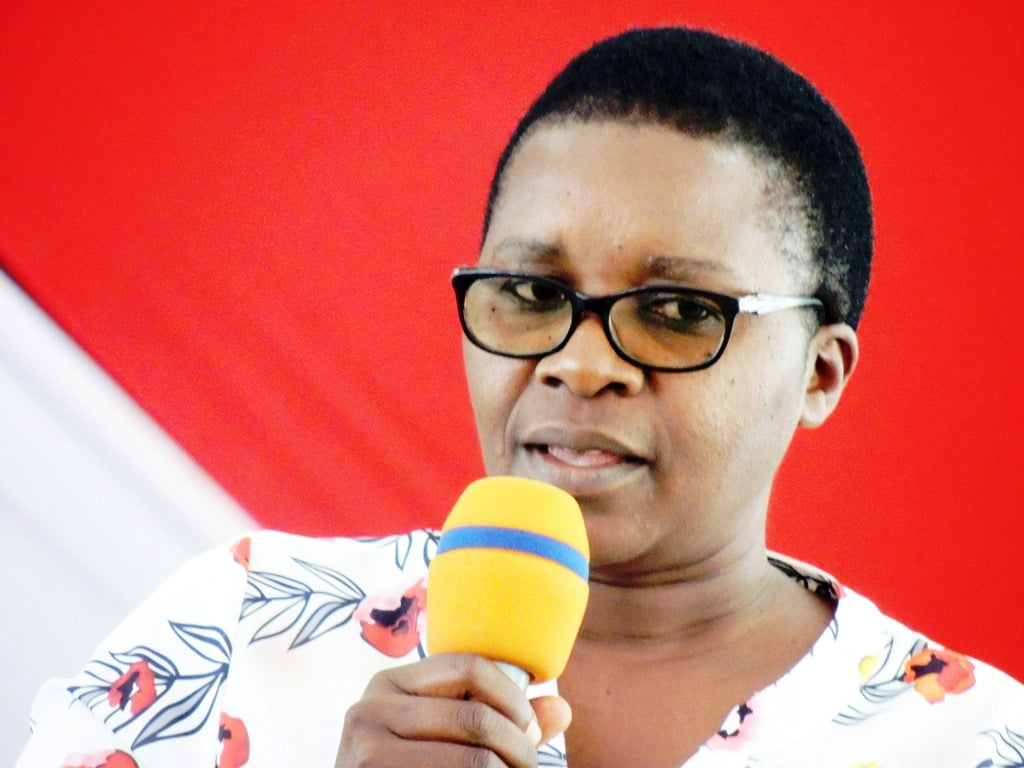By Education News Team
Academic staff in Kenyan Public universities are overworked, and underpaid, a situation that has had detrimental effects on staff morale, research work, teaching and innovation output, a study conducted by Universities Academic Staff Union (UASU) reveals.
Unless the Ministry of Education, Science and Technology in collaboration with relevant Government agencies take remedial measures, there will be an impending collapse of the Higher Education sector in the country asserts UASU.
The Union in a petition to the Senate Committee on Education and Research, states that the Government has on a number of occasions adjusted terms and conditions of service for Public workers, but avoided doing the same to the academic staff of Public universities.
“Academic staff in Public universities have been discriminatively left out of review of terms and conditions of employment, including basic salaries, house allowance, Housing mortgage scheme, Car Loan Scheme among others at levels comparable to what other Public sector employees enjoy.
“The pay structure of academic staff is characterised by distortions, large salary overlaps, stagnation within current grades, and poor career progression plans, leading to low retention of human resources and massive brain-drain from Public universities to other sectors,” states the petition seen by Education News.
Though UASU is opposed to Guidelines for Appointment and Promotion of Academic Staff in Public Universities, the Commission for University Education (CUE) has remained firm that the Grading Nomenclature for Academic Staff in Universities in Kenya shall be: (i) Graduate Assistant/Research Assistant; (ii) Tutorial Fellow/Junior Research Fellow; (iii) Lecturer/Research Fellow; (iv) Senior Lecturer/Senior Research Fellow; (v) Associate Professor; (vi) Professor; (Vii) Adjunct Academic Staff; (viii) Visiting Academic Staff.
In its report titled State of University Education in Kenya, CUE states that a study has found that most of the academic staff were found in Public universities; 27% of the staff with PhD were in Public universities compared to only 9% in Private universities. The same pattern obtains for staff with Masters qualifications. In all categories of universities, there were very few faculty staff at Senior Lecturer or Professor levels.
The bulk of staff were at lecturer and lower levels. This is a cause for worry as it means that there are very few academic leaders to mentor scholars in the sector.
Most academic staff were found in Public universities (74%) as compared to those found in Private universities (26%). A big number of them, 68% were male while 32% were female. Most of them were master’s holders (53%) and only 34% were PhD holders with the highest numbers being found in Public universities.
Those at professor and senior lecturer ranks were only 10% and 13% respectively and the bulk of them at lecturer rank (39%). Data shows that academic staff teaches in a large number of institutions, leaving them with very little time to mentor and supervise students. These have implication on the quality of university education offered and has negatively impacted progression and completion rates for Master’s and Doctoral students.
The Commission has, however, recommended that there is need to strictly adhere to the CUE harmonized criteria for appointment and promotion of university academic staff on the required qualifications of staff, teaching loads and staff student ratios.
There is need for a national policy to guide recruitment and management of part time university academic staff and management of postgraduate programmes, to forestall delays and improve completion rates.





